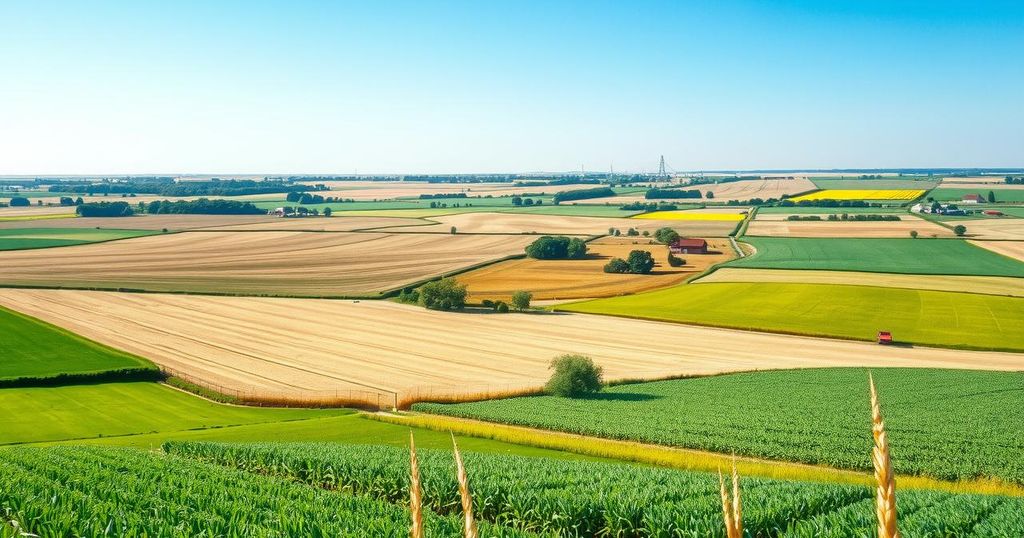This article highlights the struggles and achievements of rural Colombian women who, while facing significant obstacles regarding land ownership, actively engage in movements for land rights, social justice, and food sovereignty. Through organizations like Fensuagro and La Vía Campesina, these women embody a vision of feminism that insists on a transformative agrarian and social model.
In Colombia, peasant women are actively engaged in a struggle for land and rights through organizations like the National Unitary Agricultural Trade Union Federation (Fensuagro). This effort embodies a unique form of peasant and popular feminism that is driven by solidarity and collective action. These women play a pivotal role in food production, contributing nearly 50% of the agricultural output in rural areas while preserving native seeds, water, and ancestral knowledge.
Fensuagro articulates the essence of their movement: “Peasant and popular feminism is women’s struggle for land, for water, for the right to live with dignity.” This fight confronts the intersecting challenges of patriarchy and a neoliberal model that marginalizes rural populations, especially women. The movement advocates for both social justice and gender equity, essential elements for necessary structural change.
Despite forming 40% of the agricultural workforce, access to land remains a significant barrier for these women, with only 26% owning the land they cultivate. Nevertheless, they have established cooperative farms and educational initiatives aimed at leadership development within their communities. This empowerment enables them to challenge the norms of rural life.
Across various Colombian regions, peasant organizations and women have driven initiatives like peasant markets, land restitution campaigns, and collective care networks. Their endeavors strive not only for personal recognition but also for a comprehensive transformation of the agrarian, social, and economic landscape.
As underscored by La Vía Campesina, “With feminism, there is food sovereignty.” The activism of these women signifies that the future of rural Colombia hinges on feminism, as they continue to safeguard their lands and rights through every collective action they undertake.
In summary, rural women in Colombia play a crucial role in the fight for land and autonomy, driven by the principles of peasant and popular feminism. Despite significant barriers, such as limited land ownership, they organize to protect their resources and advocate for systemic change. Through solidarity and collective action, they work towards achieving food sovereignty and social justice, illustrating that the advancement of feminism is integral to the future of the countryside.
Original Source: viacampesina.org




